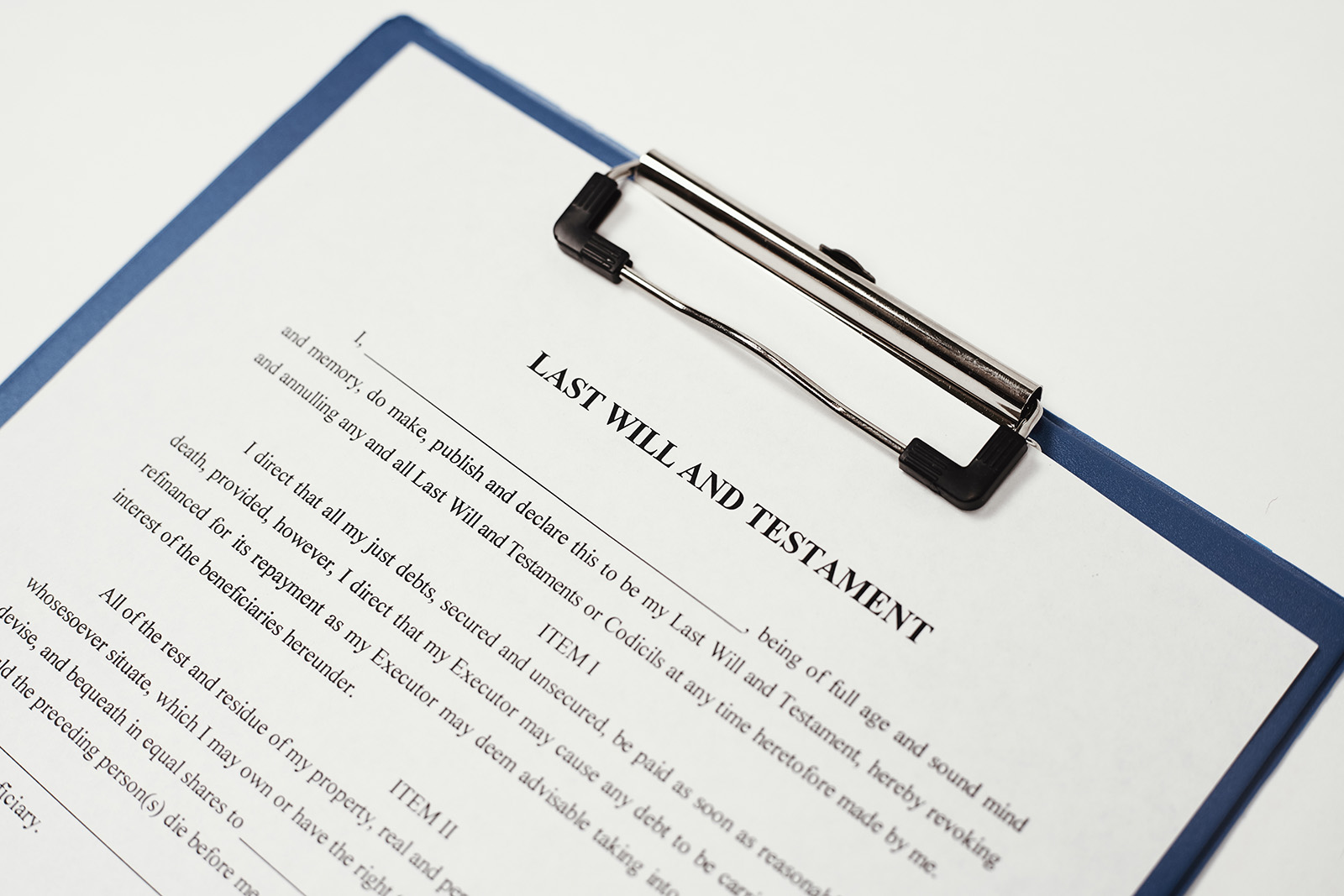What Is an Affidavit of Heirship? - The Complete Guide
When someone dies without leaving a will, some family members may have to prove they are legal heirs to assets in the decedent’s estate. The laws regarding personal property, real property, and how to transfer ownership can be complex. Trying to deal with these laws while mourning the death of a loved one can be difficult at best. But a probate attorney or law firm will be able to help you navigate these challenging waters.

What is an affidavit of heirship?
An affidavit of heirship is used to prove someone is entitled to the assets of a deceased person when no will is left. An affidavit can be defined as a statement of fact or declaration of fact. Typically, this type of document is used in certain states to prove an heir is legally entitled to the asset, so the courts can transfer ownership of the deceased’s property.
What is heirship?
Heirship is the legal right to the assets of a person who died intestate. Intestate means they died without leaving a will. State intestacy laws determine who inherits the real property of a decedent, typically starting with the next of kin.
Generally, heirs include the decedent’s children and descendants. Sometimes other family members may qualify as heirs, including a spouse, though a spouse may not be categorized as an heir due to their legal entitlement to marital property.

When do you use an affidavit of heirship?
An affidavit of heirship is most often used when you believe you are legally entitled to the assets of a decedent when the decedent died without leaving a Last Will and Testament. Normally, when someone dies intestate, a case is filed in probate court so that the decedent’s heirs can legally transfer title of assets and belongings.
Can an Affidavit of heirship be used to transfer property after death instead of probate court?
Sometimes, legal heirs can avoid the complexities of the probate process by using an affidavit of heirship. However, state laws regarding the probate process and affidavits of heirship vary and can be quite complex, especially when real property is involved. Seek legal advice from an experienced probate law firm to determine the best way to handle your probate proceeding.

What Is an Affidavit of Heirship for a House?
In some states, it may be possible to use affidavits of heirship for the transfer of real estate without going through the probate process. The affidavit of heirship would be filed in the deeds records office in the county where the real property is.
Once the affidavit of heirship is recorded, and the deed is registered with the county clerk, the title to the property would be transferred to the new property owners who would be free to use the house for whatever purpose they need.
What is required for an Affidavit of Heirs?
An affidavit of heirship form must be completed and include signatures by one or more disinterested parties including a notary public. Once the form is filled out and notarized, it will be filed with the county court where the deceased resided, or with the county recorder’s office if the estate includes real property.
How do I file an Affidavit of Heir?
To file an affidavit of heirship, a complete familial history and relationships must be completed including:
- Name and address of the deceased
- date of death
- place of death
- marriages and divorces
- family members listing including the deceased’s parents, brothers and sisters, children and nieces and nephews.

When Can an Affidavit of Heirship be filed?
Using an affidavit of heirship to bypass probate can typically only be used in certain situations. You may be able to handle the estate of a decedent if the following are all true:
- the decedent did not leave a will
- you are the legal heir of the deceased and can prove it
- all legal heirs are in agreement on how the estate should be handled
- you want to transfer ownership of the deceased’s assets without going through probate
- a third party of one or more disinterested witnesses can verify you as one of the surviving heirs
When it comes to trying to avoid probate while legally being able to title transfer, handle deed records, and estate assets, it’s best to seek legal advice from an experienced probate attorney.
When should I contact an estate attorney?
When a family member died intestate, the legal advice of a knowledgeable estate attorney can be invaluable. Depending on the size of the estate, you may be able to avoid probate altogether. An attorney will be able to help you determine the best way to handle the estate.
Keep in mind that an estate attorney can also help you set up your own estate so that your heirs and beneficiaries can bypass probate.
Who can file an Affidavit of Heirship?
An affidavit of heirship can be used by members of the deceased’s family when no will was left to guide how the estate should be distributed.
Who can witness an affidavit of heirship?
An acceptable witness is one that knows the decedent’s family history but is not an heir. These disinterested witnesses should have no gain or benefit from the estate. The affidavit will also need to be notarized.
Can an Attorney or Law Firm Help Me File an Affidavit of heirship?
Yes, not only can a lawyer help you file, but they can also help ensure you understand the full process, what all is needed, and what to expect as you go through the transfer of ownership.
